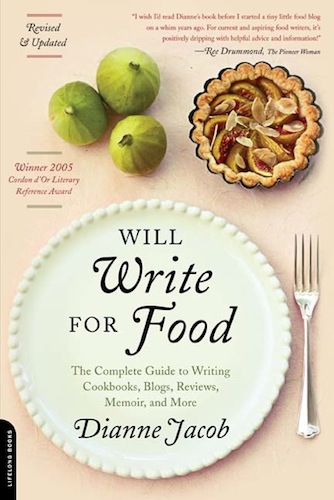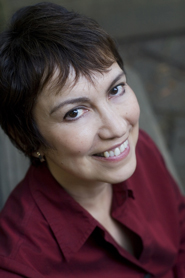
Are you interested in expressing your passion for food, but don't know where to start? Never fear, dear reader -- Dianne Jacob, Oakland resident and author of Will Write for Food: The Complete Guide to Writing Cookbooks, Blogs, Reviews, Memoir, and More, is here to help. Today, she will answer the pressing question: "How can I get started in food writing if I have no formal background?"
As a culinary career coach, Jacob brings to the table an extensive background in writing, editing and teaching. Her work has appeared in Writer's Digest, The San Francisco Chronicle, Gastronomica, Sunset, Salon.com, and a host of other media outlets, and she teaches classes at the local writing organization, The Writing Salon. To learn more about Dianne and hear her ongoing advice for food writers, visit her blog dedicated to the art and craft of food writing or follow her on Twitter under @diannej.
So many people out there want to share their passion for food but don't know how. A food blog is the most obvious place to start. What tips do you have for someone just starting out in blogging?
Go for it! It's fun, its easy, and you'll have the tremendous satisfaction of seeing your work published as soon as you click the "Publish" button. Templates on WordPress, Typepad and Blogger are free and only take a few minutes to set up. You pick a title and background for your blog and you're off. Start small. Write a few paragraphs, insert a few photos, and make it easy to keep posting. Write as though talking to a good friend. Don't take yourself too seriously, but at the same time, edit your work to make it as tight as possible.
How can a food blogger spice up their writing so that it's more than, "I ate eggs today. They were good. Last night I had a steak. It was juicy."
